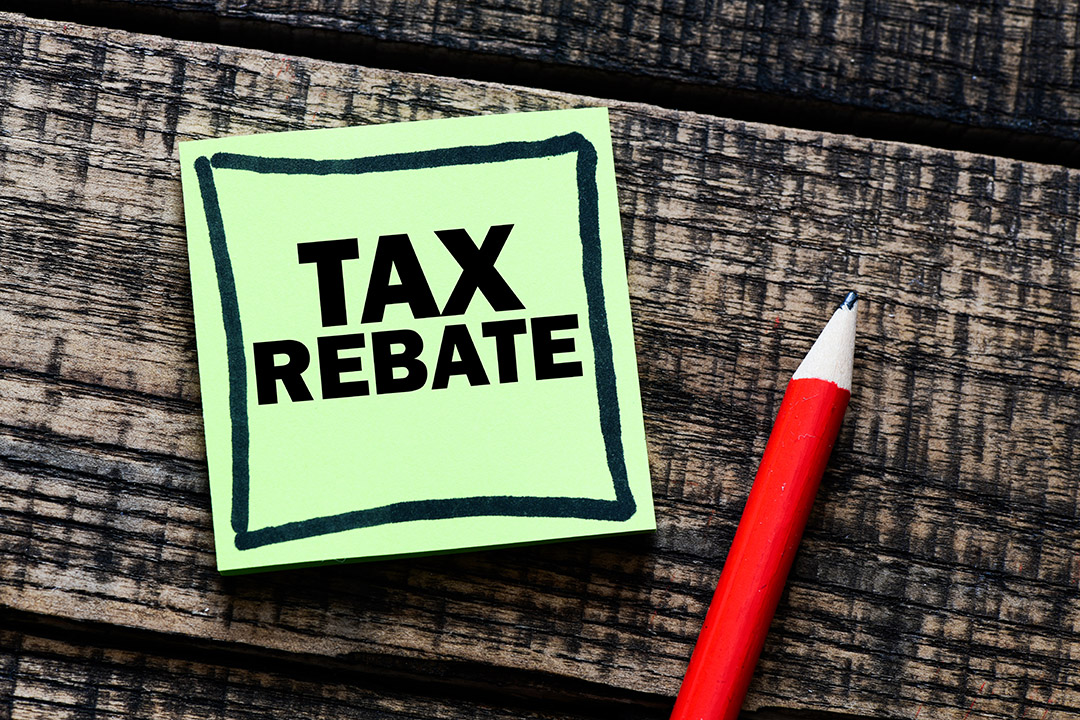
Section 12H of the Income Tax Act provides tax incentives to employers who employ people on learnerships. Here’s how it works:
1. Learnership Agreement:
The employer and the employee must enter into a registered learnership agreement with SETA (Skills Education Training Authorities) in accordance with the Skills Development Act.
2. Annual Allowance:
The employer can claim an annual tax allowance for each year of assessment in which the learner partakes in the learnership. The amount of this allowance depends on when the learnership agreement was entered into and the National Qualification Framework (NQF) level of the learnership:
3. For learnerships entered into before 1 October 2016, the employer can claim a tax allowance of R30,000 per year (R50,000 for disability).
4. For learnerships entered into after 1 October 2016 but before 1 April 2024, the allowance varies based on the NQF level:
4.1. NQF level 1-6: R40,000 per year (R60,000 for disability).
4.2. NQF level 7-10: R20,000 per year (R50,000 for disability).
5. Completion Allowance:
Upon successful completion of the registered learnership agreement, the employer can claim a one-time completion allowance. This is claimed in addition to the annual allowance.
The amount of this allowance also depends on when the learnership agreement was entered into and the NQF level.
Please note that the employer must complete IT180’s in respect of all learnership agreements for which a tax allowance is claimed.
The section 12H allowance has a sunset clause of 1 April 2024. Therefore, the incentive will be available to all registered learnerships entered into on, or before, 1 April 2024.
This tax incentive is intended to encourage skills development within the workforce, create jobs, and stimulate economic growth. It also benefits companies by reducing their overall tax liability and improving their B-BBEE compliance.


